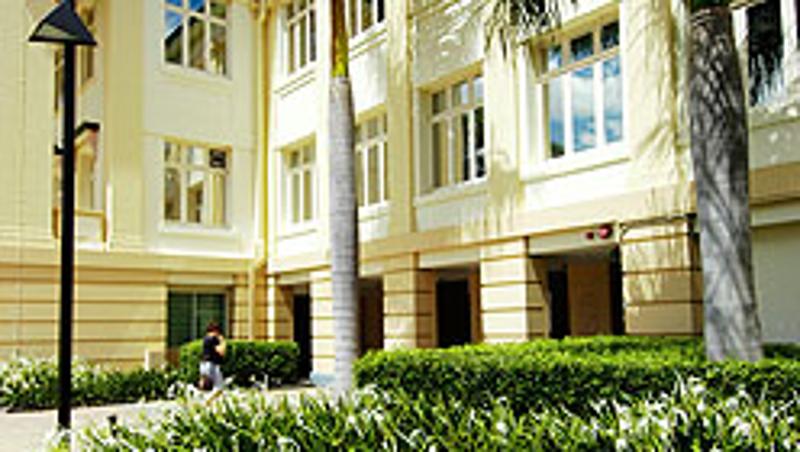
QUT education experts have offered a mixed response to a draft national curriculum for English, maths, science and history released by the Federal Government.
For more details on the proposed changes visit www.australiancurriculum.edu.au
Professor Annette Patterson
Head, School of Cultural and Language Studies in Education
"The emphasis on literature in the proposed English national curriculum is very welcome as is the sustained focus across the year levels on aesthetic and cultural aspects of literary studies.
"The curriculum retains many of the strengths of current state-based English curricula. It aligns its approach with current thinking on the importance of explicit teaching about language. This alignment will help foster the idea that the teacher's role in enabling learning is a very important one.
"There's a tendency to over-emphasise the importance of phonics in the early years as a means of teaching reading.
"This is regrettable as a balanced approach to teaching reading is essential for success.
"A balanced approach ensures that children are exposed to a range of different ways of learning to read and optimises the chance of learning through the approach that best suits the individual child."
Professor Lyn English (Mathematics)
"The curriculum does not appear to be radically different from existing curricula. A few aspects are being introduced earlier, others a little later.
"My main concern is that the listing of content for each grade level does not adequately reflect or support the rationale, aims, and the highlighted emphasis on reasoning presented at the start of the document. For example, the document preamble stresses that the curriculum will foster creativity, problem solving, a range of reasoning skills, and other important future-oriented processes.
"I fear these might not be addressed adequately when implemented. The 'basics' of today and of the future are not the basics of the past; they have fundamentally changed and the curriculum content and its delivery needs to reflect this."
Professor Stephen Ritchie (Science)
"The first stated aim of the Science Learning Area is for students to develop an interest in science, presumably to address well-documented concerns about students' waning interest in the sciences.
"Yet, the document lists numerous disconnected content topics to be covered each year that could have been copied just as easily from the table of contents of any existing traditional text book in high school science.
"Only superficial reference is made to unifying ideas like sustainability, and how cultural aspects of science (cf. Science as Human Endeavour Strand) might be linked to the topics for Science Understanding.
"If interest in science was the chief goal for the design on the National Curriculum in Science, this document has not delivered.
"Teachers will now need to be supported by supplementary resources and professional development to achieve what the document has failed to do - link the three strands of content in interesting ways."
Dr Chris Sarra, executive director Stronger Smarter Institute at QUT
"For Indigenous children there is tremendous potential to feel a sense of 'connectedness' to schools, as well as pride in knowing and understanding that the history of our people does indeed have a valid place in our classrooms.
"For non-Indigenous children there is the opportunity to understand and celebrate the notion that they are friends and schoolmates to those who are descendants of the oldest living human existence on the planet.
"For educators there is tremendous scope here to engage positively with local Indigenous people in communities to develop relevant learning experiences.
"If one is to read correctly the intent of the national curriculum, it seems determined to move beyond romantic white notions of Australian history.
"Fortunately it also seems determined to move beyond black armband views of history. It may surprise some to realise that many Aboriginal people will be pleased about this shift beyond such representations of Aboriginal history.
"We have always been a historically proud and robust group of people who have simply asked other Australians to know and understand the truth about us and our history, not to feel sorry for us.
"The new curriculum directions has some scope to enable such knowledge and understanding without the need for other Australians to feel threatened, guilty, betrayed or sorry."
Media contact: Elizabeth Allen, QUT media officer, 07 3138 7794 or e1.allen@qut.edu.au
Media manager: Ian Eckersley 07 3138 2361 or 0432 754 897


